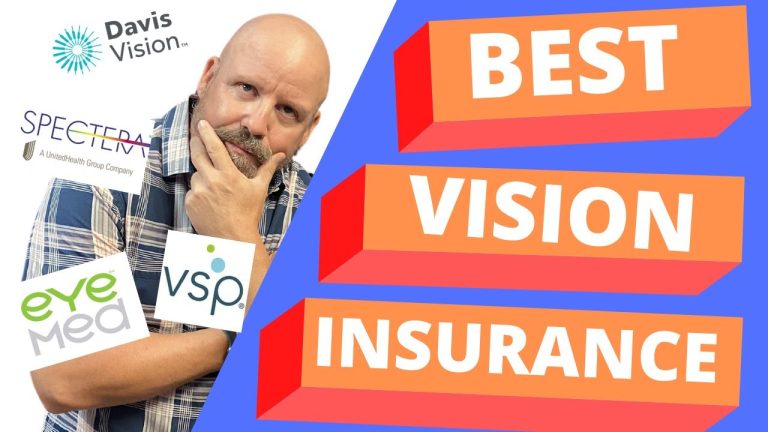Get Clear Vision: Comprehensive Guide to Vision Insurance Coverage for Glasses
At some point in your life, you may have experienced difficulties when it comes to your vision. Whether it’s because of genetics, age, or lifestyle factors, having poor vision can be a challenging experience. However, getting the proper eyewear can make all the difference in terms of improving your eyesight and enhancing your daily activities.
Many people rely on glasses to improve their vision so they can work, drive, and enjoy their hobbies without any setbacks. However, eyewear can be costly, and if you don’t have adequate insurance coverage, it can be a significant financial burden. This is where vision insurance comes in.
Vision Insurance 101
Vision insurance is a type of insurance policy that is designed explicitly for eye-related expenses. While traditional health insurance plans may cover certain aspects of eye care, such as disease screenings, vision insurance covers things like prescription glasses, contact lenses, and even LASIK surgery in some cases.
There are two main types of vision insurance plans: a vision benefits package and a discount vision plan. The former is an insurance policy that provides coverage for certain eyewear and eye exams, usually with a copay or deductible. The latter, on the other hand, is a discount plan that allows you to save a percentage off the retail price of eyewear and exams.
Vision Insurance Coverage for Glasses
When it comes to vision insurance coverage for glasses, policies can vary depending on your insurance provider and the plan you choose. However, most vision insurance plans cover a portion of the cost of prescription eyeglasses or contacts, as well as frames, lenses, and coatings.
In some cases, vision insurance may cover designer frames or more specialized lenses, such as those meant for progressive vision correction or people with astigmatism. Additionally, some vision insurance plans may also cover repairs and replacements if your glasses are lost, stolen or damaged.
The Benefits of Having Vision Insurance Coverage for Glasses
Having vision insurance coverage for glasses can be incredibly beneficial, especially if you have poor vision or rely on glasses for your daily activities.
- Reduce out-of-pocket expenses: With vision insurance, you can significantly reduce the out-of-pocket costs associated with getting new glasses or contacts. This can save you hundreds of dollars, especially if you need to replace your eyewear frequently.
- Access to high-quality eyewear: Many vision insurance plans cover designer frames, high-quality lenses, and other types of specialized eyewear. This means that you can get the prescription glasses or contacts that you need without sacrificing on style or quality.
- Regular eye exams: Most vision insurance plans also cover routine eye exams, which are essential for maintaining good eye health. These exams can help detect vision problems early, and they may also identify other health issues, such as high blood pressure or diabetes.
- Familiarity with your plan: By having a vision insurance plan, you can better understand the costs and the benefits associated with eyewear and eye care. This can help you make more informed decisions about your eye health and your finances.
Conclusion
Overall, vision insurance coverage for glasses can be a wise investment if you want to ensure you have access to adequate eyewear and eye care. By finding a plan that suits your needs and budget, you can reduce your out-of-pocket costs and enjoy better vision and eye health for years to come.
Contents
Most wanted in Hoya Vision:
Hoya Lens Engravings
What brand lenses does Costco use?
Which lens is better Alcon or Johnson and Johnson?
Why do my glasses lenses scratch so easily?
Visionworks Digital Progressive Lenses
Ultraxhd Lenses
What’s the rarest eye color?
Hoya Sensity Vs Transitions Xtractive
Should eyeglasses cover eyebrows?
Workspace Lenses
















